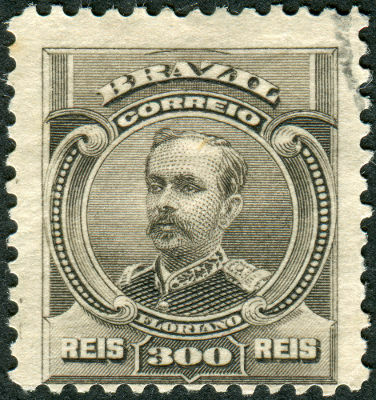The 1960s were marked by significant transitions in Brazil and in the world. In the United States, Robert Kennedy and Martin Luther King were assassinated by the work of forces of a conservative tone. In Czechoslovakia, the “Prague Spring” pitted young people against the demands of the leveling and hegemonic socialism imposed by the Soviet Union. Among the French, a wave of student protests put factories on strike and questioned the conservative tone of the times.
At the same time, Brazil was experiencing a delicate political transition involving the crisis of populism and the installation of a dictatorial regime. Coming to power in 1964, the military claimed that the country was seriously threatened by a revolution that would involve the action of students, social movements and trade unionists influenced by the communism. According to his own speech, the military intended to safeguard democracy through its “revolution”.
In a sense, a part of the military classes believed that the 1964 coup should be short-lived. It would serve as a surgical action, capable of returning the presidential post to civilians in a short time. On the other hand, another group of soldiers, known as members of the so-called "hard line", wanted the extension of the military government and a more systematic action of repression against leftist groups existing.
At that time, some student activists and other left-wing leaders believed that the democratic path and political parties would not be able to threaten the military government. Thus, they preferred to organize rural and urban guerrillas that tried to destabilize the regime through assaults, kidnappings and attacks against possible representatives of the regime. That year, the Popular Revolutionary Vanguard carried out attacks on a hospital and hurled explosives at an army barracks.
In March, a huge student unrest took to the streets of Rio de Janeiro to protest against the quality of services provided to university students. During the demonstration, student Edson Luís, just sixteen years old, was killed by the military. The event drew the attention of the media and soon served to intensify criticism of the regime. At the student's wake, an agglomeration of fifty thousand people exposed popular disapproval of what had happened.
Do not stop now... There's more after the advertising ;)
On June 26, the Passeata dos Cem Mil, held in Rio de Janeiro, brought together workers, politicians, artists, teachers, religious and students determined to question the repression of those times. Despite having a peaceful climate, this march served as an example for events of a similar nature to take place in other parts of the country, intensifying the repudiation of the military government. In São Paulo, leftist USP students clashed with Mackenzie's anti-communists.
At the same time, the military authorities managed to dismantle a clandestine meeting of the National Union of Students, held in the city of Ibiuna, São Paulo. Approximately 900 students were arrested for simply participating in that political event. In some cases, the parents of the young people involved were harassed or exonerated from their public functions.
At the National Congress, the critical and ironic speech of congressman Márcio Moreira Alves, from the MDB of Guanabara, gave an institutional aspect to those who opposed military interference. Shortly after the delivery, the Attorney General of the Republic selected some isolated excerpts from the speech and made copies to be distributed in the barracks. The repercussion of the words spoken by Márcio Moreira served as a pretext for individual freedoms to be further restricted.
The government asked Congress for an authorization to prosecute the deputy and revoke his parliamentary freedom. In a vote, congressmen denied the military's request. Feeling cornered, now by political means, the military government decided to establish Institutional Act No. 5. By decree, made official on December 13, several political and individual rights were suppressed in favor of strengthening the repression that marked the military government.
By Rainer Sousa
Master in History
Brazil School Team
Military Governments - history of Brazil - Brazil School
Would you like to reference this text in a school or academic work? Look:
SOUSA, Rainer Gonçalves. "Brazil in 1968"; Brazil School. Available in: https://brasilescola.uol.com.br/historiab/o-brasil-1968.htm. Accessed on June 27, 2021.

